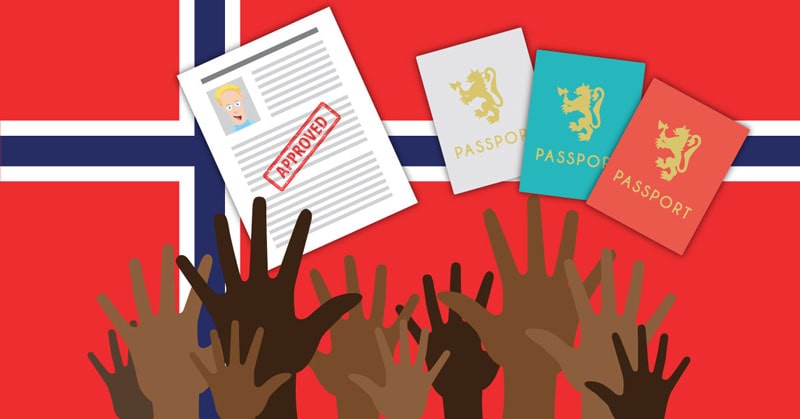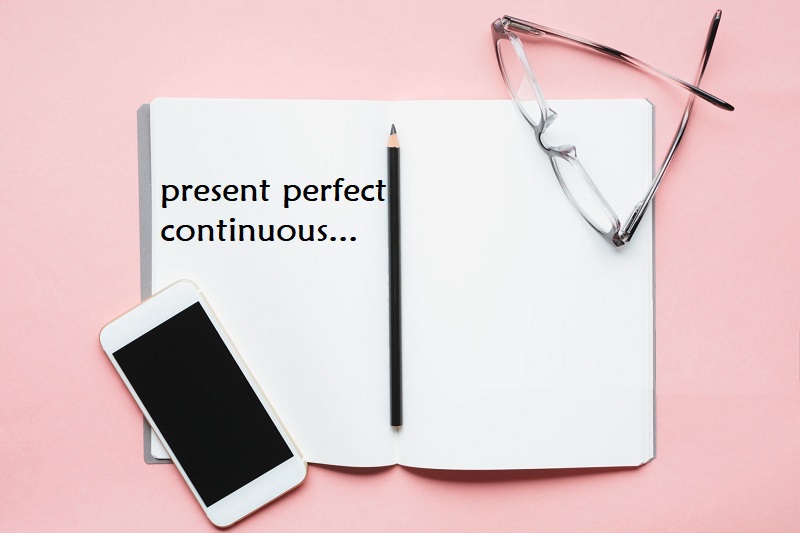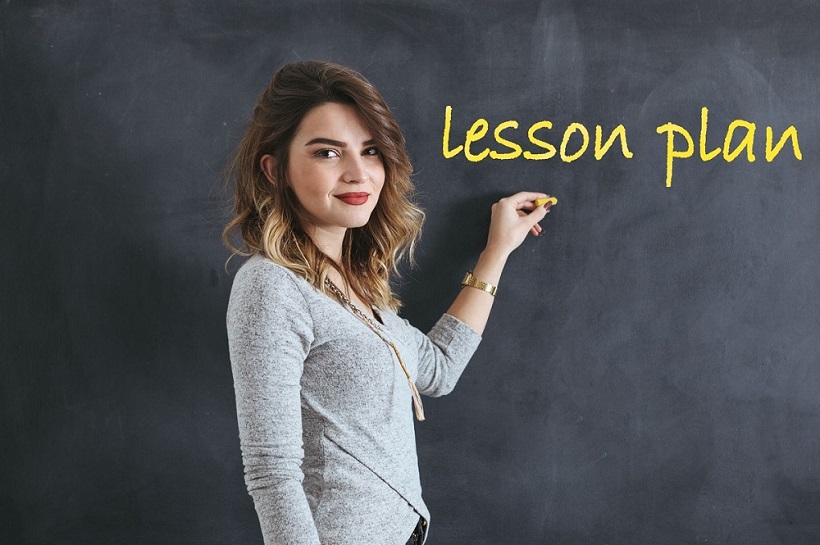
All You Need to Know about Present Simple
Hi everyone . Let’s talk about Present Simple today. We use the Present Simple to talk about things which are repeated every day, every month or every year.
Present Simple
Form : Subject + Simple verb + Object
We use PRESENT SIMPLE to describe an action that is regular, true or normal.
We use the present tense:
- For repeated or regular actions in the present time period.
- I take the train to the office.
- The train to Tabriz leaves every hour.
- Sara sleeps eight hours every night during the week.
- For facts.
- The President of The USA lives in The White House.
- A dog has four legs.
- We come from Iran.
- For habits.
- I get up early every day.
- Mina brushes her teeth twice a day.
- They travel to their country house every weekend.
- For things that are always / generally true.
- It rains a lot in winter.
- The Queen of England lives in Buckingham Palace.
- They speak English at work.
Verb Conjugation & Spelling
Don’t forget : in the third person we add ‘S‘ in the third person.
| Subject | Verb | The Rest of the sentence |
| I / you / we / they | speak / learn | English at home |
| he / she / it | speaks / learns | English at home |
The spelling for the verb in the third person differs depending on the ending of that verb:
- For verbs that end in -O, -CH, -SH, -SS, -X,or -Zwe add -ES in the third person.
- go – goes
- catch – catches
- wash – washes
- kiss – kisses
- fix – fixes
- buzz – buzzes
- For verbs that end in a consonant + Y, we remove the Yand add -IES.
- marry – marries
- study – studies
- carry – carries
- worry – worries
NOTE: For verbs that end in a vowel + Y, we just add -S.
- play – plays
- enjoy – enjoys
Negative Sentences in the Simple Present Tense
To make a negative sentence in English we normally use Don’t or Doesn’t with all verbs EXCEPT To Be and Modal verbs (can, might, should etc.).
- Affirmative: You speak French.
Negative: You don’t speak French.
You will see that we add don’t between the subject and the verb. We use Don’t when the subject is I, you, we or they.
- Affirmative: He speaks German.
Negative: He doesn’t speak German.
When the subject is he, she or it, we add doesn’t between the subject and the verb to make a negative sentence. Notice that the letter S at the end of the verb in the affirmative sentence (because it is in third person) disappears in the negative sentence. We will see the reason why below.
Negative Contractions
Don’t = Do not
Doesn’t = Does not
There is no difference in meaning though we normally use contractions in spoken English.
Word Order of Negative Sentences
The following is the word order to construct a basic negative sentence in English in the Present Tense using Don’t or Doesn’t.
| Subject | don’t/doesn’t | Verb* | The Rest of the sentence |
| I / you / we / they | don’t | have / buy eat / like etc. |
cereal for breakfast |
| he / she / it | doesn’t |
* Verb: The verb that goes here is the base form of the infinitive = The infinitive without TO before the verb. Instead of the infinitive To have it is just the have part.
Remember that the infinitive is the verb before it is conjugated (changed) and it begins with TO. For example: to have, to eat, to go, to live, to speak etc.
Examples of Negative Sentences with Don’t and Doesn’t:
- You don’t speak Arabic.
- Saman doesn’t speak Italian.
- We don’t have time for a rest.
- It doesn’t move.
- They don’t want to go to the party.
- She doesn’t like fish.
Questions in the Simple Present Tense
To make a question in English we normally use Do or Does. It has no translation in Spanish though it is essential to show we are making a question. It is normally put at the beginning of the question.
- Affirmative: You speak English.
Question: Do you speak English?
You will see that we add DO at the beginning of the affirmative sentence to make it a question. We use Do when the subject is I, you, we or they.
- Affirmative: He speaks French.
Question: Does he speak French?
When the subject is he, she or it, we add DOES at the beginning to make the affirmative sentence a question. Notice that the letter S at the end of the verb in the affirmative sentence (because it is in third person) disappears in the question. We will see the reason why below.
Word Order of Questions with Do and Does
The following is the word order to construct a basic question in English using Do or Does.
| Do/Does | Subject | Verb* | The Rest of the sentence |
| Do | I / you / we / they | have / need want etc. |
a new bike? |
| Does | he / she / it |
*Verb: The verb that goes here is the base form of the infinitive = The infinitive without TO before the verb. Instead of the infinitive To have it is just the have part.
Remember that the infinitive is the verb before it is conjugated (changed) and it begins with TO. For example: to have, to eat, to go, to live, to speak etc.
Examples of Questions with Do and Does:
- Do you need a dictionary?
- Does Maryam need a dictionary?
- Do we have a meeting now?
- Does it rain a lot in winter?
- Do they want to go to the party?
Short Answers with Do and Does
In questions that use do/does it is possible to give short answers to direct questions as follows:
| Sample Questions | Short Answer (Affirmative) |
Short Answer (Negative) |
| Do you like chocolate? | Yes, I do. | No, I don’t. |
| Do I need a pencil? | Yes, you do. | No, you don’t. |
| Do you both like chocolate? | Yes, we do. | No, we don’t. |
| Do they like chocolate? | Yes, they do. | No, they don’t. |
| Does he like chocolate? | Yes, he does. | No, he doesn’t. |
| Does she like chocolate? | Yes, she does. | No, she doesn’t. |
| Does it have four wheels? | Yes, it does. | No, it doesn’t. |
You can also download the PDF here : ⇓






That’s great. Thanks
thanks dear yalda your website is really useful
thank you very much dear yalda
thanks dear yalda.this website is really useful
hi yalda
tanks for website ♥
hi yalda ^_^
tnx for websit ♥
thank you dear yalda
this website is so helpful for me
Hi dear Yalda.thanks for your website.in fact i have just started to learn english. I think the way of your teaching is very helpful.
it is usefull for me, thank you dear yalda
hi yalda
my question is whats the difference between repeated actions and habits.
or whats the difference between facts and things that are generally true.
??
are they the same?
i need the answer to explain to my students.
thanks love
Dear Yalda, You are a great kind teacher,its my honor to find you. i really enjoy all things you give us handsomely.Thank you veru much
Congratulations. This website is really useful. Thanks
THANKS
Thanks dear Yalda.
your site is very good.thank you.but i don t know why you block me in instagram.!!!!i am very sad for this.#gandomir
:)) I’ll check it for you
Dear Yalda the website is amazing. fun, innovative, even the pictures speak to you. Great taste darling. Keep up the good work. Love you
Hi Dear Yalda,
Thank you for creating such a useful website for us. I admire the way you are trying to help us. Best wishes for you.
keep up good work Yalda! I really enjoyed to review my information about simple present in such a good way you prepared.
It was Awesome , thank for creating this amazing website
hi , i find you and its made me a lucky girl
im low level in english and i cant understant this part “Verb: The verb that goes here is the base form of the infinitive = The infinitive without TO before the verb. Instead of the infinitive To have it is just the have part.Remember that the infinitive is the verb before it is conjugated (changed) and it begins with TO. For example: to have, to eat, to go, to live, to speak etc.”
plz explain to me.thank you.xo xo xo
Hi dear Yalda congratulation for your website and thanks for your kindness and your time.
سایتتون خیلی عالیه. فقط همه از این سطح شروع میکنن! ؟چون من خیلی زبان نخوندم
My biggest problem in english is about grammar so here is a good part for me .
Thank u
(غلط و غلوطای منو ببخشید دیگه)
Congratulations. Well done ??? I’m very proud of you guys.
سلام برای کسانی که سطح زبانشون زیاد بالا نیست در خد معمولی چجوری از کجا بهتره شروع کنند؟؟؟
Yalda jon geramer ro rozane mizarid?alan baraye man faqat simple present miad
Dear Yalda
Congratulation for your impressive site! It is really user friendly and also helpful 🙂
Wish you best ♥
We are waiting for your kind next lessons
Good luck honey
we’re looking forward for the rest of teaching grammar.
I’d like to congratulate you on your success.???
hi,beautiful lady I wish I was content with your voice description ,The higher your site?
نميدونم درست نوشتم يانه سايتتون عاليهكاش اين مطالب با توضيحات صداتون بود
Thanks dear yalda…thanks a lot .but sth I want to mention is that please teach us all tenses …
Im very happy about seing this website 🙂
Congratulations and good luck dear Yalda ???